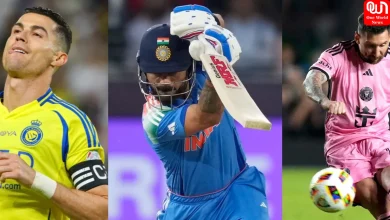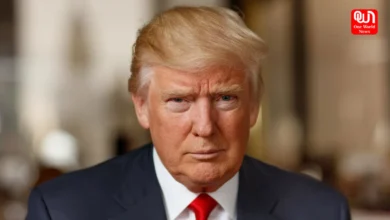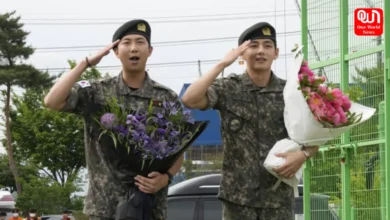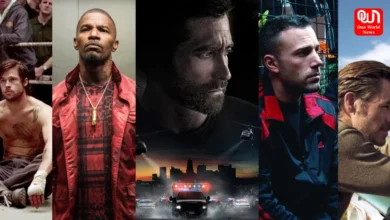The Understated Friendship
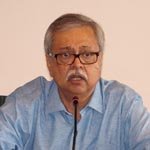
The Understated Friendship
When Kamala Nehru went for her last treatment in Europe the person who receives her was Subhas Chandra Bose. He was the only person who was with Jawaharlal Nehru at the time of demise of Kamala Nehru and helps Nehru in making the funeral arrangements. Prior to 1935 when Subhas Bose writes to Jawaharlal Nehru his signing off was ‘Regards’ but from 1935 to 1939 his signing off changed to ‘Regards LOVE’. This ‘Love’ was a very significant and telling change.

The above two instances gives a very deep perspective of the relationship Subhas Chandra Bose and Pandit Jawaharlal Nehru shared in the early 1950s. The two students of India’s freedom struggle had very different lives and had a totally different psyche. One was a failure at his career as a barrister, the other excelled at everything he ventured into. They both travelled through Europe with entirely different circumstances. One came with liberals views, the other allegedly died of a crash in Taihoku Prefecture.
Professor Radrangshu Mukherjee, in his lecture ‘Comrades at the Crossroads: Jawaharlal and Subhas’ takes a look at the relationship between two of the most iconic figures in the Indian history and how their friendship came about.
He says, “Subhas Bose was an exceptional student. He stood 2nd in the B.A. Philosophy exam in the Calcutta University. He secured 5th position at the Civil Services Examinations. On the other hand Jawaharlal Nehru was just a mediocre student. At the University of Harrow one of his professor remarked in his clinical English style “Nehru is not without brains”. Both came back to India, Jawaharlal came in 1912 and Bose came back in 1921.”

The Smiling chair, Mahesh Rangarajan
Mahatma Gandhi played mentor to both the leader. Initially Bose approached Gandhi to seek his advice and guidance and more clarity about what Gandhi wanted to do particularly with the Non-cooperation movement. But Bose was not satisfied with the meeting. He was not convinced by Gandhi’s approach. He became a Gandhi sceptic. On the other hand when Nehru met Gandhi for the first time he found him to be a little distant. This perception of his changes when he sees Gandhi work through the Champaran Satyagrah and his own experience with him changes his views radically. There is a stark difference in their views.
The two met, for the first time, in the late 1920s. When Nehru moves a resolution in Madras Congress pressing on the need of complete freedom, Subhas Bose provides outside support for it. It was the beginning of their political partnership. They both emerge as the radical wing of the congress who are a little impatience with the ways of the old guard. They both worked together to formulate a position which they can use as a launch pad for the complete independence of India. Nehru passes the resolution of Poorna Swaraj in his Presidential address in 1929 and thus began the journey of the complete freedom of India.

Professor Radrangshu Mukherjee
Their political partnership blossomed in the 1930s. One of the major catalysts for it was their exposure to the events that happened in Europe. “Subhas was unwell in prison, the British were unwilling to let him off. But they are willing to let him go to Europe for treatment. And that’s how Subhas travels to Europe. Nehru on the other hand travels to Europe for his wife’s treatment. Both of them were exposed to similar social and economic situation prevailing in Europe i.e. the growing crisis of capitalism, the emergence of socialism, and growing fascism. Subhas has been fascinated by this form of government while Nehru from the very outset was anti-fascism.”
After their stints, Nehru and Bose came back to India much aware about the situation in Europe and how it affects India. Both of them brought a novel dimension to the freedom struggle. This political friendship develops to a personal friendship. They now read same kind of books. They exchange letters enquiring about books. When Nehru is away in Europe and comes back Subhas was the first one to write. He writes “You don’t know how much I have missed you. I missed your advice. I missed our discussions together. These were profound gestures by two politically driven individuals.
This friendship has always been underrated and not much talked about. In the light of recent snooping controversy it is necessary to read between the lines and not to believe all that is being said. The two stalwarts shaped much of India’s future and inspired generations.

